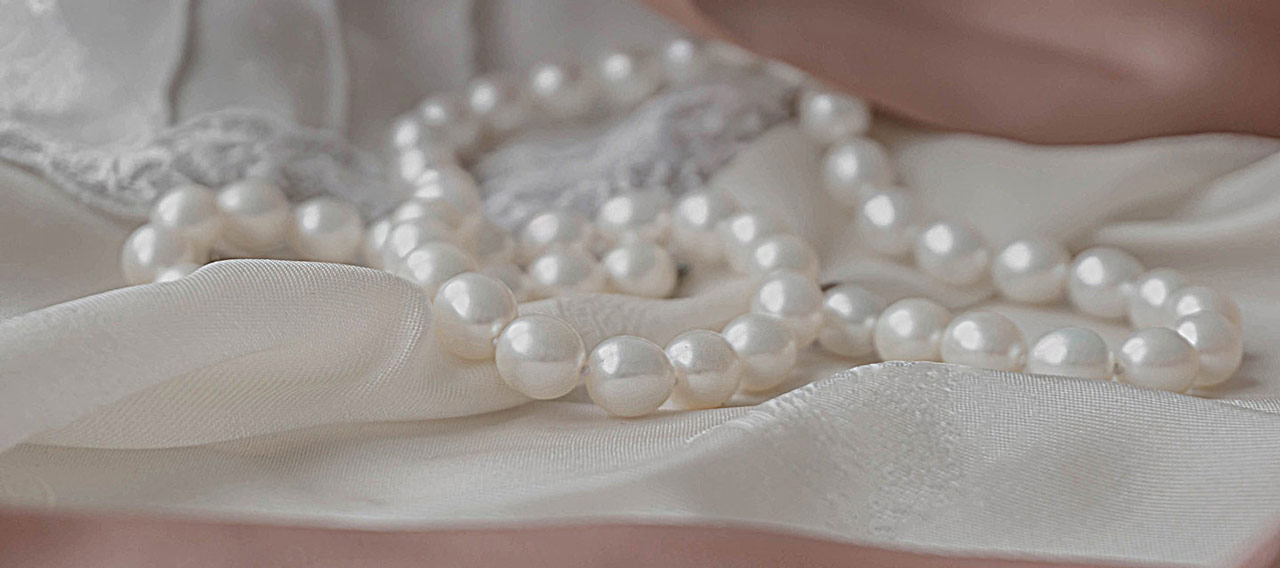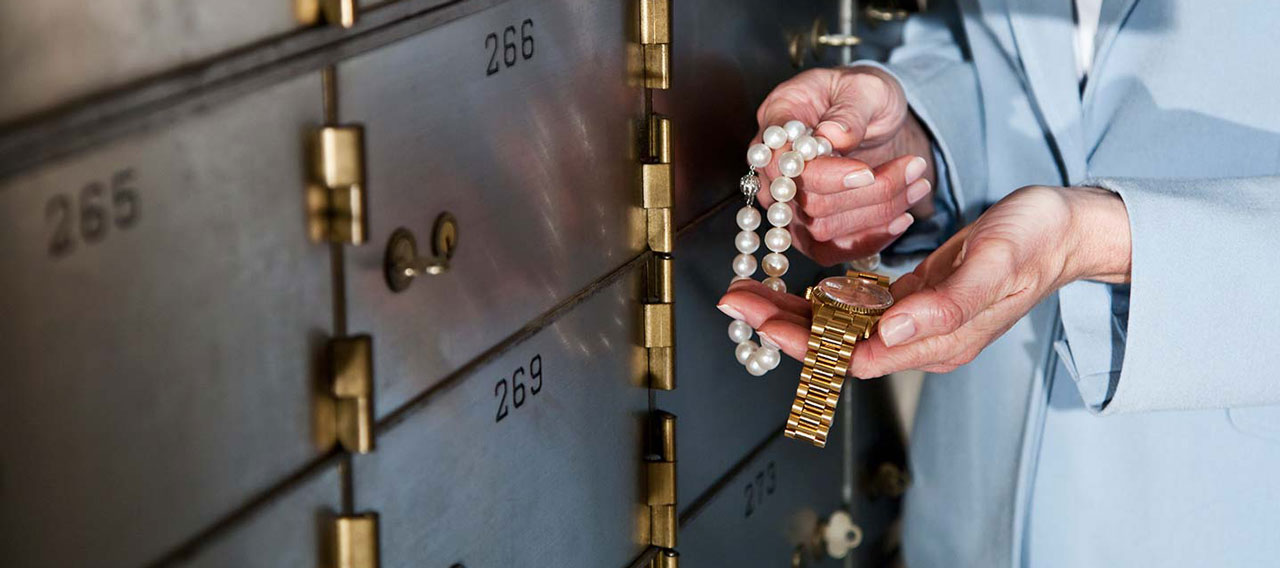- Individuals & Families
- Businesses
- Agents & Brokers
- Embedded Insurance

Chubb ranked #1 for Customer Satisfaction with the Home Insurance Claims Experience

Chubb ranked #1 for Customer Satisfaction with the Home Insurance Claims Experience

Chubb ranked #1 for Customer Satisfaction with the Home Insurance Claims Experience

Chubb ranked #1 for Customer Satisfaction with the Home Insurance Claims Experience

Because pets are family, Chubb now offers pet insurance with top-rated coverage from Healthy Paws.

Chubb offers the insurance protection you need for travel’s many “what ifs”.

Chubb protects small businesses at every stage – from newly formed start-ups to long-time anchors of the community.

Stay ahead of cyber threats with our free Cyber Claims Landscape Report.

Learn more about our dedicated learning paths, Online Learning Center, and more.

Many digital-savvy consumers look for it as a core or add-on option.

Many digital-savvy consumers look for it as a core or add-on option.

Many digital-savvy consumers look for it as a core or add-on option.

Chubb’s in-house technology makes it easy to integrate what we do into your customer experience.
-
About
-
Claims
-
Login & Pay Bill
For Agents & BrokersFor Travel Advisors
-
Back
You may not leave home with jewelry that is as elaborate or expensive as Elizabeth Taylor’s or Kim Kardashian’s. However, you can use their situations to understand why the right insurance needs to be in place when you travel.
Taylor’s 69-carat, pear-cut diamond
In 1969, actors Richard Burton and Elizabeth Taylor purchased a 69-carat, pear-cut diamond, and Taylor wore it briefly as a ring before having it reset as a necklace. It was originally owned by Harriet Annenberg Ames, who was said to have sold it because she felt as though she couldn’t wear it in public for fear of being robbed and because letting it sit in a bank vault was a waste.
And while Taylor may not have been afraid to show off the diamond, due to the terms of Burton’s million-dollar insurance policy, she could only wear it 30 days out of the year. The rest of the time it needed to stay in a secure bank vault, and when she did go out in public with it on, she must be accompanied by armed guards.1
Kardashian’s 20-carat, emerald-cut diamond ring
While staying at a VIP apartment in Paris in 2016, Kim Kardashian was robbed and briefly held hostage at gunpoint. The perpetrator took an estimated $10 million in jewels, including her diamond engagement ring, valued at $4.49 million. While her insurance company paid out over $6.1 million to compensate her for the loss, they sued to get the money from her security team, saying they were negligent in their duties.2

The questions you need to ask about your jewelry insurance:
Like Taylor and Kardashian, you need to make sure that you have enough insurance and that you’re following the parameters in order to maintain full protection on the item. Here are a few questions to ask before you travel with your jewelry:
Do you have valuables coverage? In most cases, your homeowners insurance policy will not cover the full loss of an expensive piece of jewelry. Look for a valuable articles policy that will not cap your limit at $5,000.
Is the coverage worldwide? Not all policies offer coverage overseas. Look for one that allows you to travel with your jewelry.
Is there a deductible? Some policies will provide coverage for most causes of loss – including “mysterious disappearance” – without a deductible.
Does it include inflation protection? Look for a policy that will pay up to 150% of the amount of the policy to account for inflation.
Does it include newly acquired pieces? If you plan to purchase additional pieces, you will want a policy that automatically covers your newly acquired jewelry, for up to 25% of your itemized limit, for 90 days if you already have jewelry coverage in place.
Do you have an up-to-date appraisal? The more information you can provide to your insurance company, the better they can assist you if you lose or damage a piece of jewelry. Keep an up-to-date appraisal in a secured area, that includes the type of jewelry, what it’s made of, the gemstones used and how they are graded. Make sure the condition of the piece is included and check with your policy expert to keep pace with market fluctuations if you have a rare piece or large collection.
Are you taking safety precautions? Regardless of the jewelry’s value or the specific terms of the policy, always adhere to these general safety rules:
- When traveling, keep your expensive items with you at all times or use the hotel vault to store them (not a room safe).
- Don’t pack jewelry in your checked luggage or wear it in less secure areas like the pool or beach.
- Consider investing in “travel jewelry” – Elizabeth Taylor had a replica of her renowned diamond made for $2,800, which was a fraction of the cost of the real thing, but probably made her trips more carefree.1
For more tips for traveling with fine jewelry and watches, click here.
Insights and expertise








Get a personal insurance quote
Work with an independent agent to get personalized insurance solutions.
This document is advisory in nature and is offered as a resource to be used together with your professional insurance advisors in maintaining a loss prevention program. It is an overview only, and is not intended as a substitute for consultation with your insurance broker, or for legal, engineering or other professional advice.
Chubb is the marketing name used to refer to subsidiaries of Chubb Limited providing insurance and related services. For a list of these subsidiaries, please visit our website at www.chubb.com. Insurance provided by ACE American Insurance Company and its U.S. based Chubb underwriting company affiliates. All products may not be available in all states. This communication contains product summaries only. Coverage is subject to the language of the policies as actually issued. Surplus lines insurance sold only through licensed surplus lines producers. Chubb, 202 Hall's Mill Road, Whitehouse Station, NJ 08889-1600.


